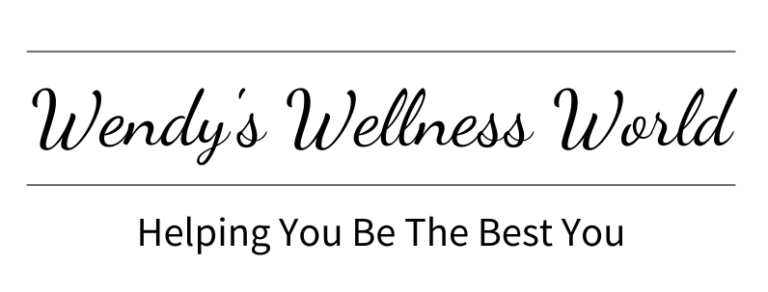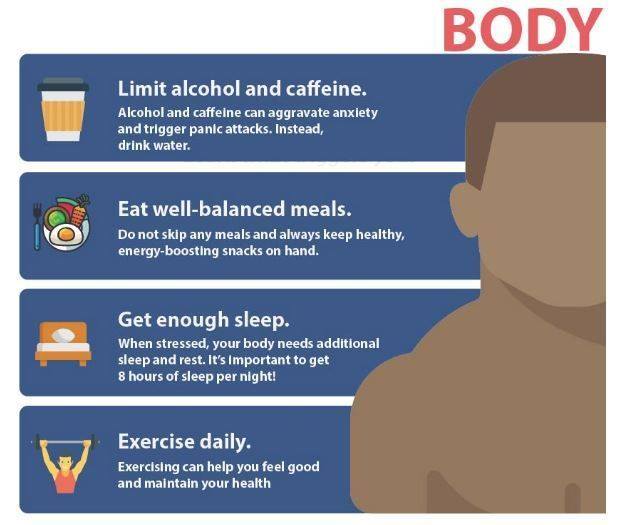Understanding Anxiety
Anxiety is something that many of us experience at some point in our lives. It’s that feeling of worry or unease that can creep up on us and make us feel on edge. Sometimes it’s triggered by specific situations, like giving a presentation or going on a first date. Other times, it seems to come out of nowhere. But no matter the cause, it’s important to remember that anxiety is a normal human emotion. It’s our body’s way of alerting us to potential threats or dangers and there are plenty of anxiety strategies to help. So next time you feel anxious, take a deep breath and remind yourself that it’s just your body’s way of trying to keep you safe. [1][2]
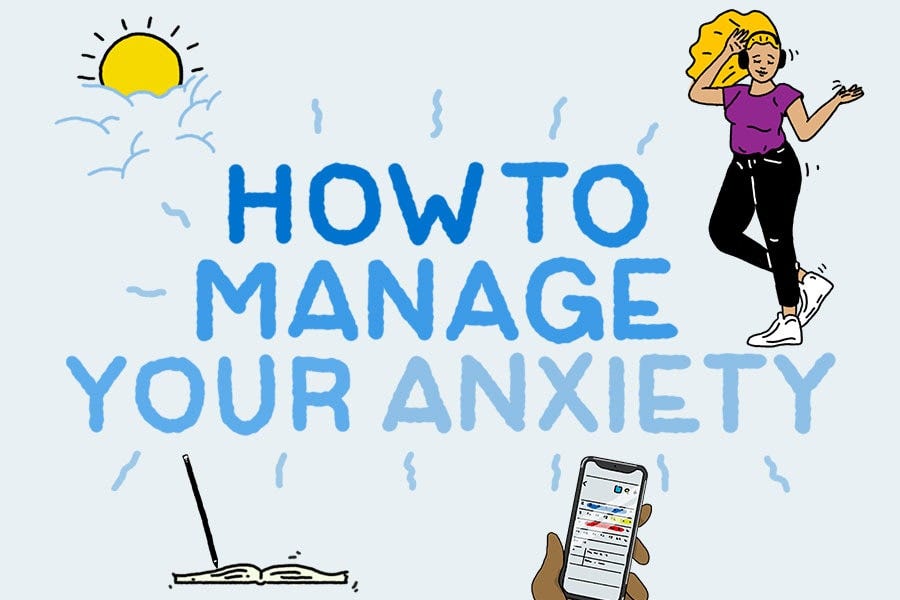
What is Anxiety?
Anxiety is a common human emotion that we all experience from time to time. It’s like that feeling you get when you’re standing in line for a rollercoaster – your heart races, your palms get sweaty, and you might even start to feel a little queasy. Well, anxiety is a lot like that, but without the fun ride at the end. It’s that sense of worry or unease that can sneak up on you when you least expect it. But don’t worry, it’s completely normal! We all have our own anxieties, and learning how to cope with them can lead to a happier and more fulfilling life. [3][4]
Common Symptoms of Anxiety Disorders
Living with an anxiety disorder can come with a wide range of symptoms. Personally, I know how frustrating and challenging they can be. Some common symptoms include feeling constantly on edge, experiencing excessive worry and fear, having trouble sleeping, and feeling restless or irritable. Physical symptoms like increased heart rate, sweating, and difficulty breathing are also common. These symptoms can interfere with daily life and make it hard to fully enjoy each day. If you’re experiencing any of these symptoms, it’s important to seek help and explore anxiety strategies that can bring you relief. [5][6]
Anxiety Strategies: Healthy Lifestyle Habits to Manage Anxiety
Living a healthy lifestyle can greatly help in managing anxiety. I’ve found that incorporating certain habits into my daily routine has made a big difference in how I cope with anxiety. Here are some strategies that have worked for me:
- Regular Exercise: Engaging in physical activity releases endorphins, which are known as the body’s natural mood boosters.
- Balanced Diet: Eating nutritious meals and avoiding excessive caffeine and sugar can help stabilize your mood and energy levels.
- Adequate Sleep: Getting enough restful sleep allows your mind and body to recharge, reducing feelings of stress and anxiety.
- Time Outdoors: Spending time in nature can have a calming effect on the mind and help alleviate anxiety symptoms.
- Social Connections: Maintaining strong relationships and connecting with loved ones provides a support system that can uplift your spirits during anxiety-filled times.
Remember, these lifestyle habits are just a few anxiety strategies that can contribute to managing anxiety. Each person is unique, so it’s important to find what works best for you. I hope these tips bring you a sense of peace and joy in your journey towards wellness and happiness. [7][8]
Importance of Regular Exercise
Regular exercise is key to managing anxiety and promoting overall well-being. As someone who has personally experienced the benefits, I can’t stress enough how important it is to incorporate regular exercise into your routine. Not only does it improve physical condition and fight against diseases, but it also boosts your mood and reduces symptoms of anxiety and depression. It’s like a natural mood booster! Whether it’s going for a run, taking a dance class, or practicing yoga, find an activity that you enjoy and make it a regular part of your life. Trust me, your mind and body will thank you! [9][10]

Impact of Diet and Nutrition on Anxiety
When it comes to managing anxiety, taking care of your diet and nutrition can make a real difference. Trust me, I’ve experienced it firsthand! Eating a balanced diet that includes protein, complex carbohydrates, and plenty of water can help stabilize your mood and reduce anxiety symptoms. Limiting or avoiding alcohol and caffeine is also important, as they can exacerbate anxiety. Additionally, paying attention to any food sensitivities you may have can help prevent anxiety triggers. So, next time you’re feeling anxious, reach for a nutritious meal or snack and give your mind and body the support they need! [11][12]
Anxiety Strategies: Relaxation Techniques for Anxiety Relief
Relaxation techniques can be a game-changer when it comes to managing anxiety and finding relief. Here are a few anxiety strategies that I swear by:
- Deep Breathing Exercises: Take slow, deep breaths in through your nose and exhale through your mouth. Feel the tension release with each breath.
- Guided Meditation and Mindfulness Practices: Find a quiet space, close your eyes, and focus on the present moment. Let go of worrisome thoughts and embrace a sense of peace.
Remember, there’s no one-size-fits-all approach to relaxation techniques. Explore different methods and find what works best for you. So, take a deep breath and let the relaxation begin!
Deep Breathing Exercises
Deep breathing exercises are my go-to strategy for anxiety relief. When I feel my anxiety levels rising, I take a moment to close my eyes and focus on my breath. I inhale slowly through my nose, letting the air fill my lungs, and then exhale gently through my mouth, feeling the tension melt away with each breath. It’s amazing how something as simple as deep breathing can have such a calming effect on both the body and mind. Whenever I practice deep breathing, I find myself feeling more grounded and centered, ready to face whatever challenges come my way. [15][16]
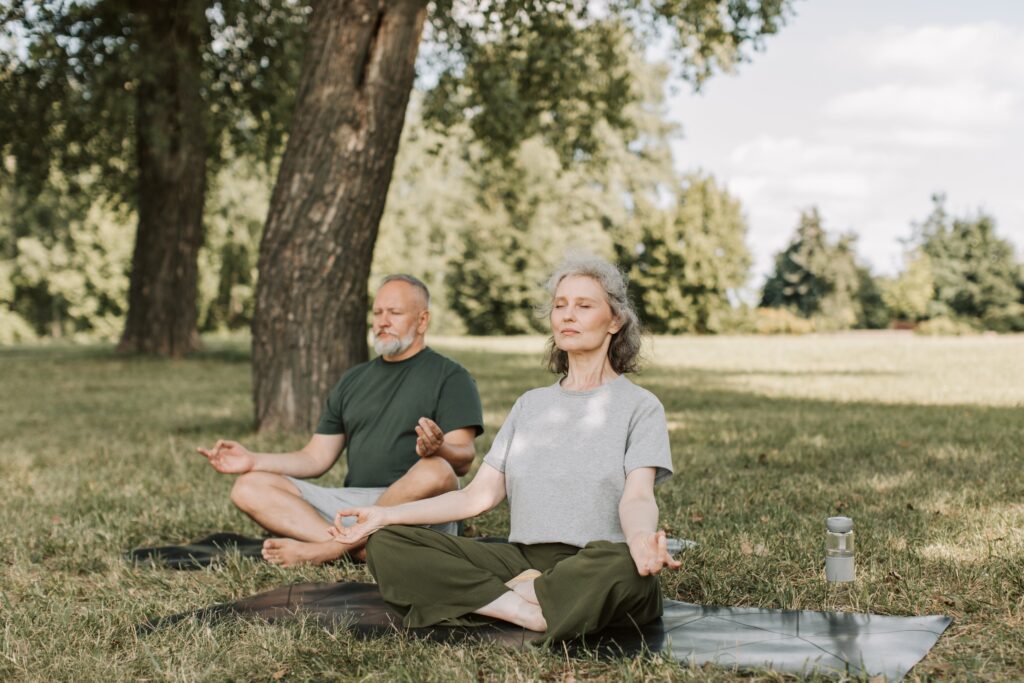
Guided Meditation and Mindfulness Practices are Key Anxiety Strategies
Guided meditation and mindfulness practices have been game-changers in my anxiety-strategy toolkit. These practices help me to ground myself and bring my focus back to the present moment. Whether I’m using a meditation app or following along with a YouTube video, the soothing voice and calming guidance lead me to a state of relaxation and inner peace. Mindfulness, on the other hand, is a practice of being aware of the sensations, thoughts, and emotions in the present moment without judgment. It’s about embracing the here and now, and it helps me to let go of worries and anxieties. These practices have truly transformed my relationship with anxiety and have helped me find moments of stillness amidst the chaos of life. [17][18]
Anxiety Strategies: Seeking Professional Help for Anxiety
When it comes to managing anxiety, sometimes it’s important to reach out for professional help. Trust me, I’ve been there too! Seeking the guidance of a trained therapist or counselor can make a world of difference. They can provide you with tools and techniques tailored to your specific needs. Therapy options, such as cognitive-behavioral therapy (CBT), can help you identify and change negative thought patterns. And if needed, medication and other treatment approaches can be explored. Remember, asking for help is a sign of strength, and it can lead you on a path towards a happier, more balanced life. So don’t hesitate to reach out and seek professional support! [19][20]
Therapy Options for Managing Anxiety
When it comes to managing anxiety, therapy can be a game-changer. Trust me, I’ve been there! There are various types of therapy that can help, such as cognitive-behavioral therapy (CBT) and dialectical behavior therapy (DBT). These therapies focus on helping you identify and challenge negative thought patterns, develop coping skills, and improve emotional regulation. Plus, therapy provides a safe space to explore the root causes of your anxiety and develop personalized anxiety strategies for managing it. So don’t be afraid to reach out to a therapist and embark on this journey of self-discovery and growth. It’s truly worth it! [21][22]
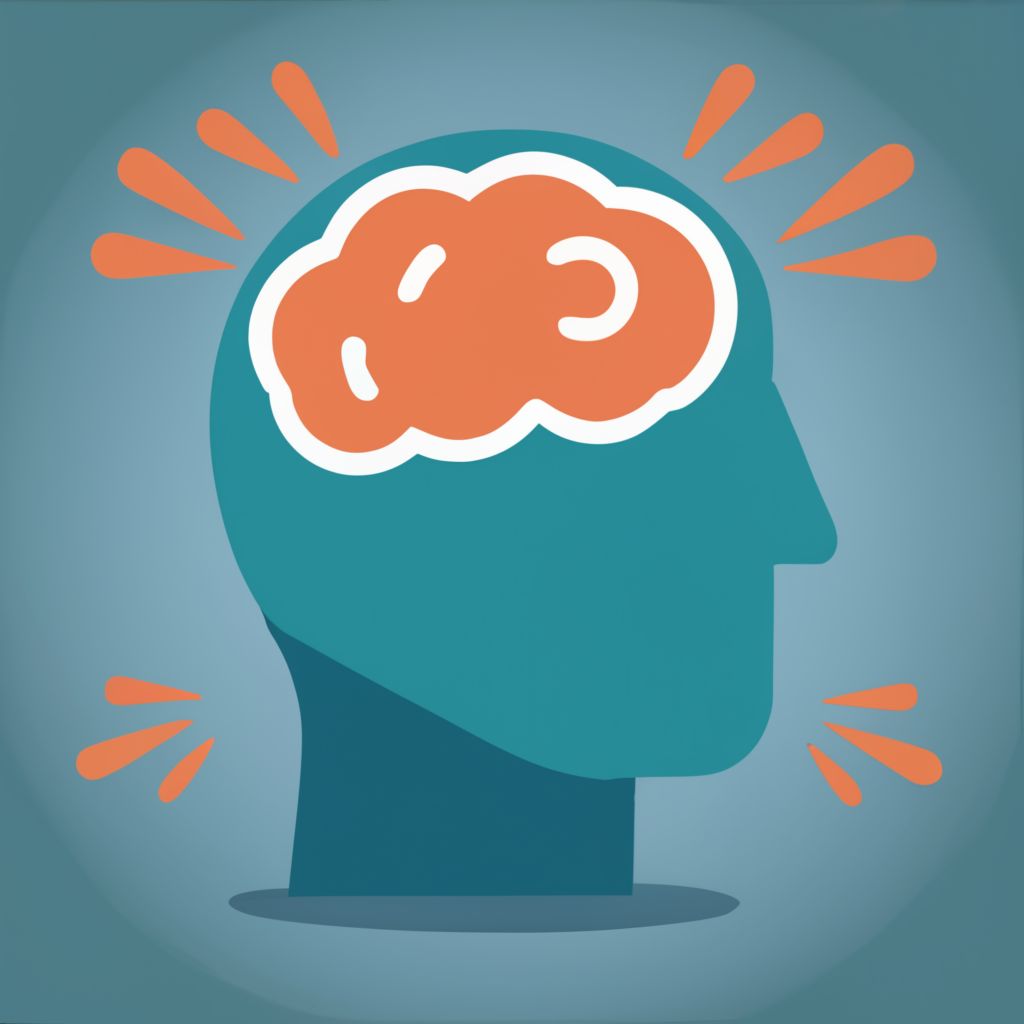
Medication and Treatment Approaches
Anxiety Strategies: Creating a Supportive Environment
Creating a supportive environment is crucial when it comes to managing anxiety. Surrounding yourself with people who understand and support you can make a world of difference. Building a strong social support system is key. Whether it’s friends, family, or support groups, having people you can lean on during challenging times can provide comfort and reassurance. Additionally, setting boundaries and practicing self-care is essential. Take time for yourself, engage in activities you enjoy, and prioritize your mental and emotional well-being. Remember, you don’t have to navigate anxiety alone. Together, we can thrive and flourish. [25][26]
Building a Strong Social Support System
We all need a little help from our friends, right? Well, when it comes to managing anxiety, building a strong social support system can make all the difference. Surrounding yourself with people who understand and support you can provide comfort and reassurance during challenging times. Whether it’s friends, family, or support groups, having a network of people you can lean on is essential. Plus, it’s always better to face anxiety together rather than trying to navigate it alone. So, go ahead and reach out to your loved ones – they’ve got your back! [27][28]
Setting Boundaries and Practicing Self-Care
In our fast-paced world, setting boundaries and self-care are vital for anxiety management. I’ve learned that limiting my time and energy prevents overwhelm and maintains balance. Daily “me” time, technology limits, and engaging in self-care activities such as walks, bubble baths, or hobbies have greatly improved my well-being. Prioritizing your health isn’t selfish—it’s crucial for recharging and effectively managing anxiety, enriching your mind, body, and spirit. [29][30]
Anxiety Strategies: Thriving with Anxiety
Thriving with anxiety? Yes, it’s possible! As someone who has experienced anxiety firsthand, I’ve discovered some anxiety strategies that have helped me not just cope, but actually flourish. Embracing positivity and adopting a growth mindset has been key. Rather than letting anxiety hold me back, I choose to see it as an opportunity for personal growth and self-discovery. By setting realistic goals and celebrating the progress I make, I’ve learned to appreciate the journey and not just the destination. Remember, anxiety doesn’t have to define you – it can be a catalyst for transformation and resilience. [31][32]
Embracing Positivity and Growth Mindset
When it comes to thriving with anxiety, embracing positivity and adopting a growth mindset has been a game-changer for me. Rather than dwelling on negative thoughts, I choose to focus on the positive aspects of my life. I remind myself that challenges are opportunities for growth and that I have the strength and resilience to overcome them. By cultivating a positive mindset, I am able to approach anxiety with a lighthearted attitude, knowing that it doesn’t define me. With each step forward, I celebrate my progress and continue to embrace the journey of personal growth. [33][34]
Setting Realistic Goals and Celebrating Progress
When it comes to managing anxiety, setting realistic goals and celebrating progress has been a game-changer for me. I’ve learned that it’s important to set goals that align with my values and aspirations, and to break them down into smaller, achievable steps. By taking small incremental actions, I can overcome challenges and make progress towards my goals. And when I achieve those milestones, I make sure to celebrate and acknowledge my growth. Whether it’s treating myself to something special or simply taking a moment to reflect on my accomplishments, celebrating progress adds an extra boost of motivation and positivity to my journey of managing anxiety. [35][36]
